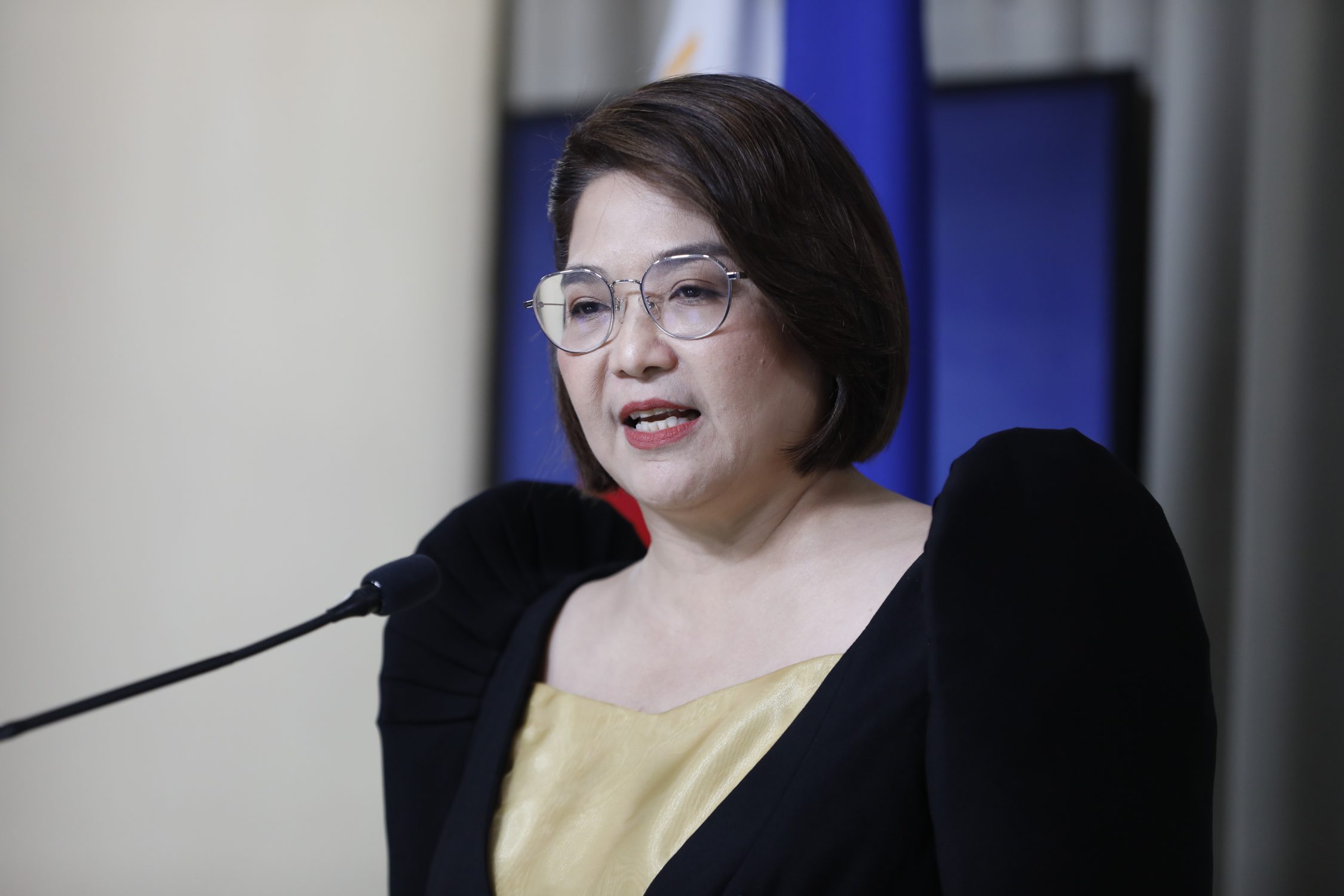
By Darryl John Esguerra | Philippine News Agency
Malacañang on Wednesday hailed the European Union’s (EU) decision to remove the Philippines from its list of “high-risk third countries” for money laundering and terrorist financing, saying it is a strong signal of growing international confidence in the country’s financial system.
Presidential Communications Office (PCO) Usec. and Palace Press Officer Claire Castro said the development reflects the Marcos Jr. administration’s continuing push to strengthen financial safeguards and attract more foreign capital.
“Ibig sabihin lang nito ay patuloy ang paglakas ng anti-money laundering at anti-terrorism financing measure ng bansa,” Castro said.
She noted that President Ferdinand R. Marcos Jr. has directed the Bangko Sentral ng Pilipinas (BSP) to intensify reforms that would further reinforce the banking system and spur economic growth.
“Ayon na rin sa utos ni Pangulong Marcos Jr., lalo pang pag-iigihin ng BSP ang mga reporma upang palakasin ang ating financial system na siya namang magsusulong ng economic growth and global confidence,” she said.
The European Commission on June 10 approved a regulation removing the Philippines and seven other countries from its high-risk list, with the measure taking effect on Aug. 5.
The delisting follows earlier milestones this year—the Financial Action Task Force (FATF) lifted the Philippines from its “gray list” in February and the United Kingdom dropped Manila from its high-risk roster in March.
The Philippines had been placed on the FATF gray list in June 2021, which led to its inclusion in the EU and UK advisories.
This meant the country was subjected to stricter customer due diligence measures by banks and business entities in member states.
According to the BSP, the EU’s decision is a clear sign that the administration’s reforms are delivering results.
“Dagdag pa ng pamunuan ng BSP, senyales ito na gumagana ang mga hakbang ng administrasyong Marcos Jr. para palakasin ang kumpiyansa ng mga international investors sa bansa,” Castro said.
She stressed that the central bank would continue pushing long-term anti-money laundering reforms to sustain the country’s progress.
“Hindi naman dito nagtatapos… ipagpapatuloy nito ang pagpapatibay sa ating anti-money laundering reforms para sa long-term progress ng bansa,” Castro said.
